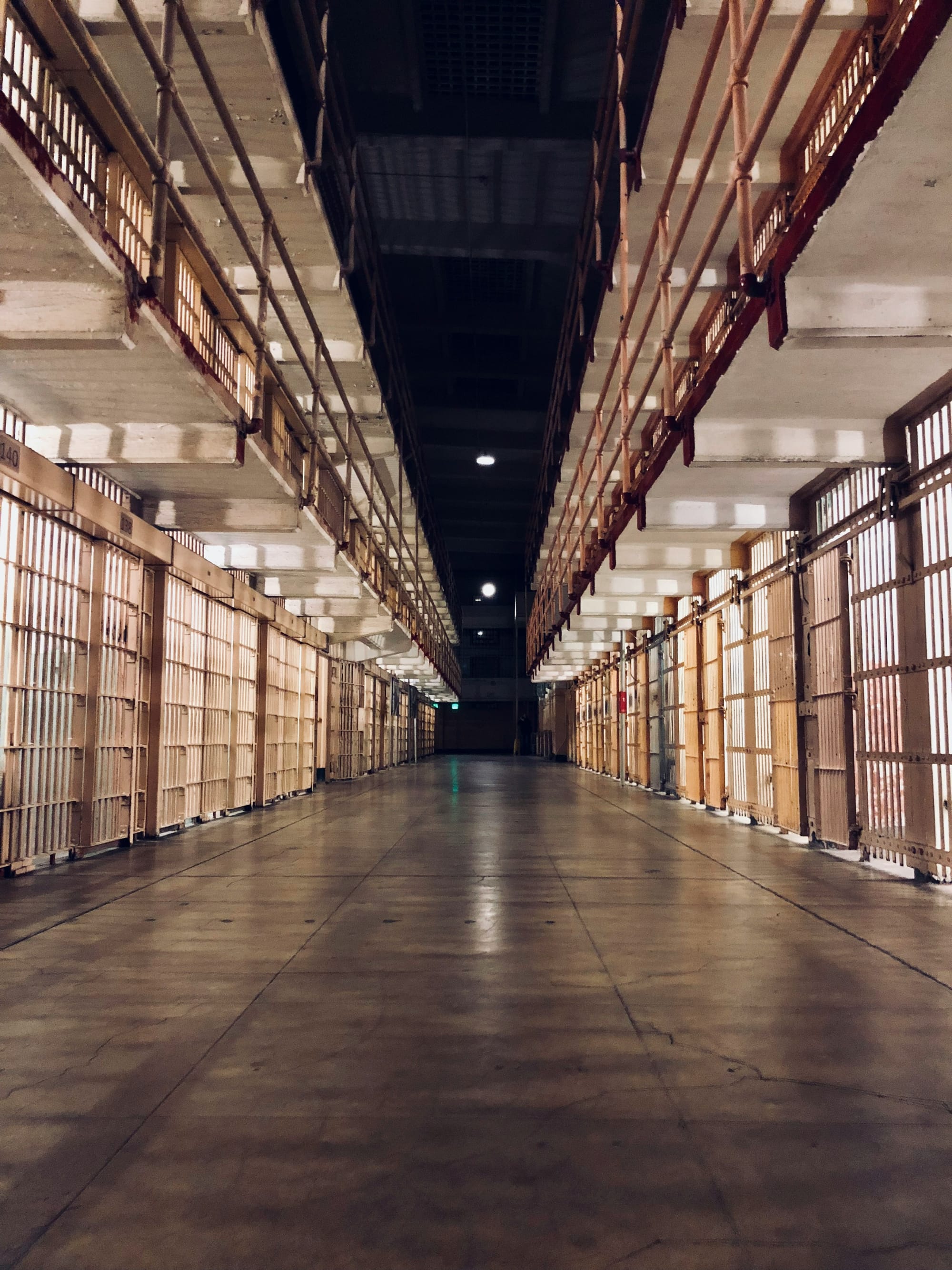Clemmie Hebblethwaite, Year 4 Psychology (Conversion) MsC
From the Victorian era’s squalid cells containing malnourished prisoners, to a lack of essential resources and its detrimental impacts on inmates’ health in contemporary society, overpopulation in the UK prison system has been an issue for far too long. Between 1900 and 2018, prison populations in England and Wales quadrupled, with 71 out of 122 UK prisons functioning above their capacity in May 2024. Closer to home, in 2024, HMP Bristol has been operating at an overcrowded level of 141%, and is reported to be “one of the most unsafe prisons in the country”.
In his book Society of Captives (1958), American sociologist Gresham Sykes identified five key ‘pains of imprisonment’ which our overcrowding pandemic brings into modern operation. Deprivation of necessary resources, privacy, safety, and autonomy, as well as violence, are all intensified by prison overcrowding—in turn, this has an adverse impact on prisoners’ psychological and physical health. Additionally, overcrowding impacts those hidden victims such as prisoners’ families, by producing increased concerns for their loved ones behind bars, and longer waiting times for visiting them.
Most of us experience prison overcrowding at arm’s length. But it’s vital that we acknowledge this pressing matter, if we’re to address it properly. In early September, over 1,700 inmates were released from UK prisons in an attempt to tackle their overpopulation. Yet while this seems an effective and logical solution, a more humanistic stance makes it clear that the prisoner release scheme is not the easy fix to this multifaceted crisis.
The UK’s Early Release Scheme fails to provide the support which is crucial for those individuals being thrown back into the deep end of society. They’re deprived of adequate rehabilitation programmes, including accommodation, mental health support, and employment opportunities. The stigma surrounding ex-offenders within our society can create a sense of hopelessness and a lack of self-esteem for many of those released, and those confronted with the possibility of homelessness or unemployment may prefer to be back in prison, for the roof it puts over their heads. These deprivations create an inevitable and vicious cycle, whereby ex-inmates reoffend due to the lack of resources available to them.

So, what can we do to solve prison overcrowding? A revolution in the dynamics of the prison system is vital. A reduction of the UK’s prison population requires a decrease in crime, which can be sought through a system of educational, familial and mental support for all, early in life. Furthermore, rehabilitation and educational opportunities are of indispensable worth to those currently serving sentences, and should be highly prioritised.
It's a complicated issue to tackle, but our generation can play a key role in reforming the criminal justice system. Individually, it’s important to educate ourselves on the problem, whether by checking out prison charities, or just keeping up to date with the news: although you might not be directly exposed to the damaging effects of prison overpopulation, its prevalence in our society makes it relevant to all of us. Simply having conversations can spread awareness, and help break the stigma surrounding the prison system.
Prison overpopulation requires us to look beyond the government’s black-and-white scheme, in favour of a more person-centred scheme. By prioritising the prevention of crime in the first place, and supporting everybody in our own communities, regardless of background, we can break the cycle of reoffending and reform our broken prison system.









